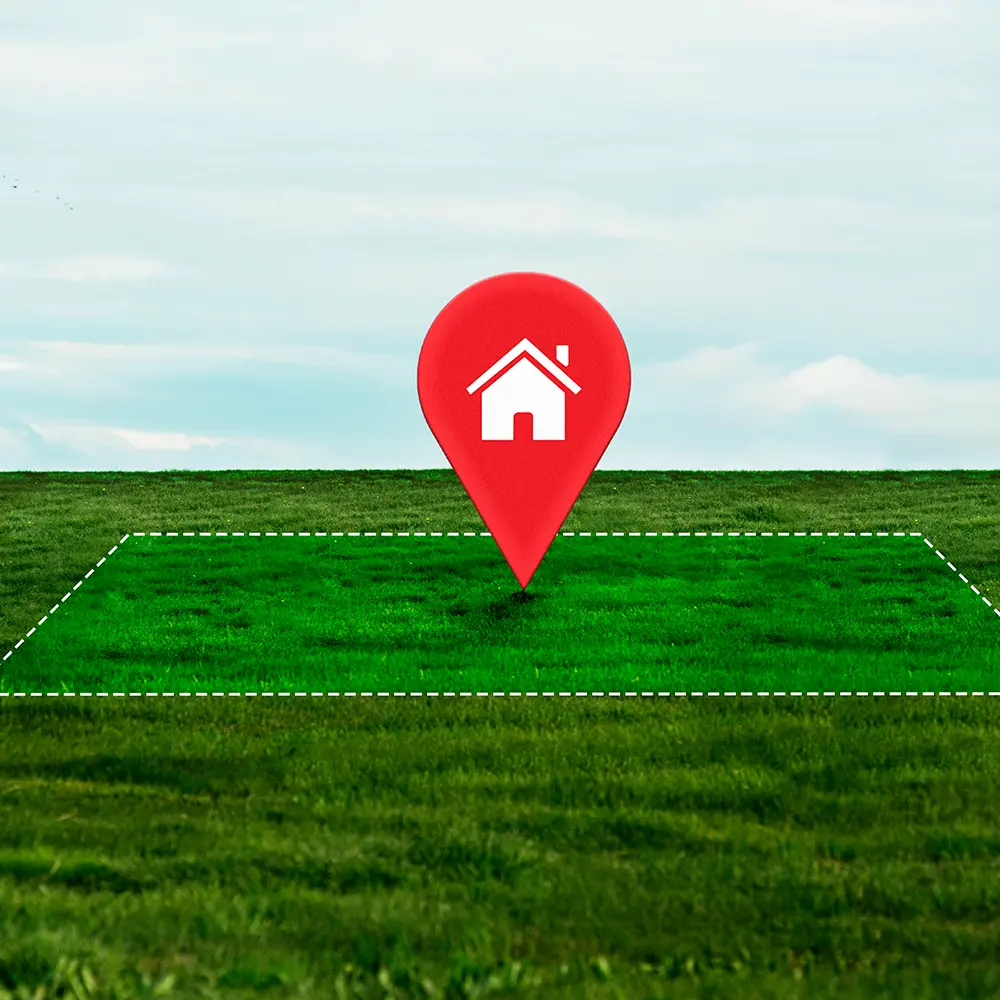
How to Choose the Right Plot of Land for Your Residential Project
Choosing the right plot of land is the first — and possibly most critical — step in building a successful residential project. Whether you’re planning a private villa or a housing complex, the land’s characteristics will shape your design, cost, and future value. This article outlines the key factors you should consider before purchasing land for your dream home or residential investment.
1. Location, Location, Location
The golden rule of real estate still applies. Choose a location that matches your lifestyle and investment goals — close to schools, mosques, healthcare, and major roads. In cities like Riyadh, proximity to future development zones can significantly boost property value.
2. Access and Road Width
Ensure the land has direct access to public roads and check the width of adjacent streets — wider roads often allow for easier construction logistics and better urban planning.
3. Land Shape and Dimensions
Square or rectangular plots are ideal for maximizing design efficiency. Avoid irregularly shaped plots unless you have a creative and experienced design team.
4. Zoning and Municipality Regulations
Check the zoning type (residential, mixed-use, etc.), allowed building heights, setbacks, and coverage percentage. These directly affect what and how much you can build.
5. Soil Condition and Topography
Before purchasing, it’s recommended to conduct a soil test. Rocky or unstable soil can increase foundation costs significantly. Also, avoid lands with extreme slopes unless you’re planning a terraced design.
6. Availability of Utilities
Make sure the land has access to water, electricity, sewage, and fiber optics — or that connections are possible without excessive costs.
7. Legal Documentation and Title Deed
Verify the land’s title deed is clear, without ownership disputes or encumbrances. Work with a licensed engineering office or real estate legal advisor to review documents.
8. Investment and Resale Potential
Even if you plan to live in the house, understanding resale potential and future neighborhood development plans ensures your investment remains solid over time.
Pro Tip: Before finalizing any land purchase, consult a licensed engineering office to help you assess the site from a design and construction perspective. This ensures you’re not just buying a piece of land — but a future-ready foundation for your project.


Add a comment
You must be logged in to post a comment.